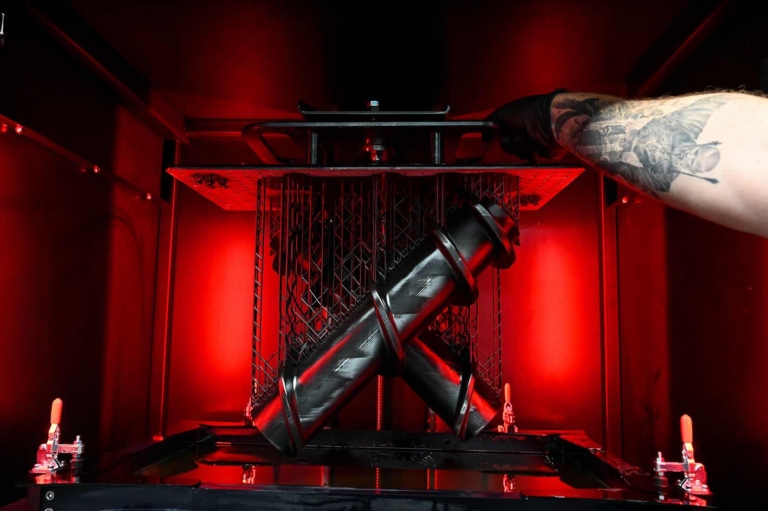Culham: Oxbotica accelerates with driverless vehicles software

Oxbotica, the award-winning Oxford-based technology company, has launched its purpose-built concept vehicle fitted with a new Selenium mobile autonomy software-solution at Culham Science Centre.
The Selenium software was developed by Oxbotica’s team of leading scientists, mathematicians and engineers. It uses patented algorithms which gives vehicles a next-generation level of intelligence which allows them to autonomously perform a range of mobility tasks, including motion control, braking, calibration, navigation, static and dynamic obstacle detection.
Selenium can also provide any vehicle with an awareness of where it is, what surrounds it and how it should move to complete a task. It can work in pedestrianised environments as well as roads and motorways, and it is not reliant on GPS, which means it can easily transition between indoor and outdoor settings, and work over-ground or underground.
The system has been developed to be “vehicle agnostic” – meaning it can be applied to cars, self-driving pods (e.g. for campuses and airports), and warehouse truck fleets.
Dr Graeme Smith, chief executive of Oxbotica, said: “Autonomous vehicles are the future and our new software is leading the field.”
Selenium is set to be deployed at a series of autonomy trials where Oxbotica is the sole supplier of autonomy software, including the £8 million GATEway project in Greenwich and the LUTZ Pathfinder self-driving pod project in Milton Keynes. The company is also working with manufacturers in a broad spectrum of mobile autonomy domains such as driverless cars.














